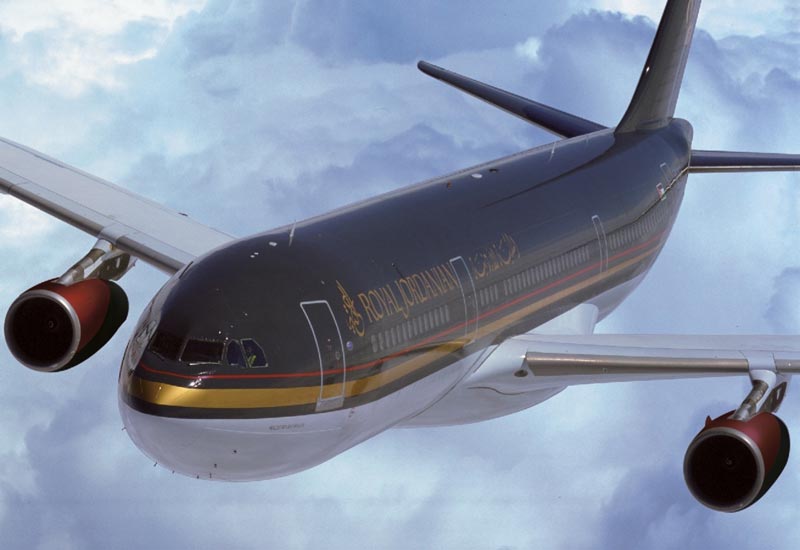Royal Jordanian (RJ) is planning further expansion into the African market in 2011, with Nigeria the first route under consideration, the carrier’s CEO told Arabian Business.
The Amman based airline launches two new routes each year and earlier this week it announced that it would start flying to Berlin from June 2011.
“The second destination we are looking at is Lagos in Nigeria,” Hussein Dabbas, RJ’s president and CEO said on the sidelines of the Arabian Business Awards in Dubai.
“We intend to do that. If it doesn’t work for Lagos we will look at another African destination,” he added.

| Advertisement |
The airline already flies to Khartoum in Sudan, Tripoli in Libya and Tunis in Tunisia and Cairo, Alexandria and Sharm El Sheikh in Egypt, but Nigeria will be its first expansion into Sub-Saharan Africa.
“We have no proper connection with Africa and we are seeing that the African continent is up and coming, economically and the people have started to have a lot of disposable income to travel.
“We would like to expand into the black continent to expand more on the network and connect the African nations with Jordan and the Middle East,” Dabbas said.
To facilitate its growth, RJ is planning to expand its fleet and was the first Middle East carrier to order a Boeing 787 Dreamliner aircraft.
The Dreamliner eventually made its maiden flight in late 2009, two years late, but Dabbas is not concerned and said RJ will take delivery of its first Dreamliner aircraft in 2013.
“The first aircraft we expect to arrive on September 2013, we believe we should be receiving four of them and the fifth will arrive in 2014 and then we will not receive any until 2015 onwards.
RJ has 11 on order in total and Dabbas is confident that any further delays by Boeing will not affect its delivery schedule: “Any delay will, supposedly, not affect our delivery dates because we are talking about three years from now so we believe we will be receiving them on time.”
Despite its growth in routes and aircraft, RJ reported that profits for the first nine months of 2010 fell by nearly 25 percent on the back of rising fuel and operational costs.
However, Dabbas said that while the fuel bill had risen by 37 percent, passenger numbers were up 16 percent and the carrier expects to make a “decent profit” for 2010.









 Search our database of more than 2,700 industry companies
Search our database of more than 2,700 industry companies









